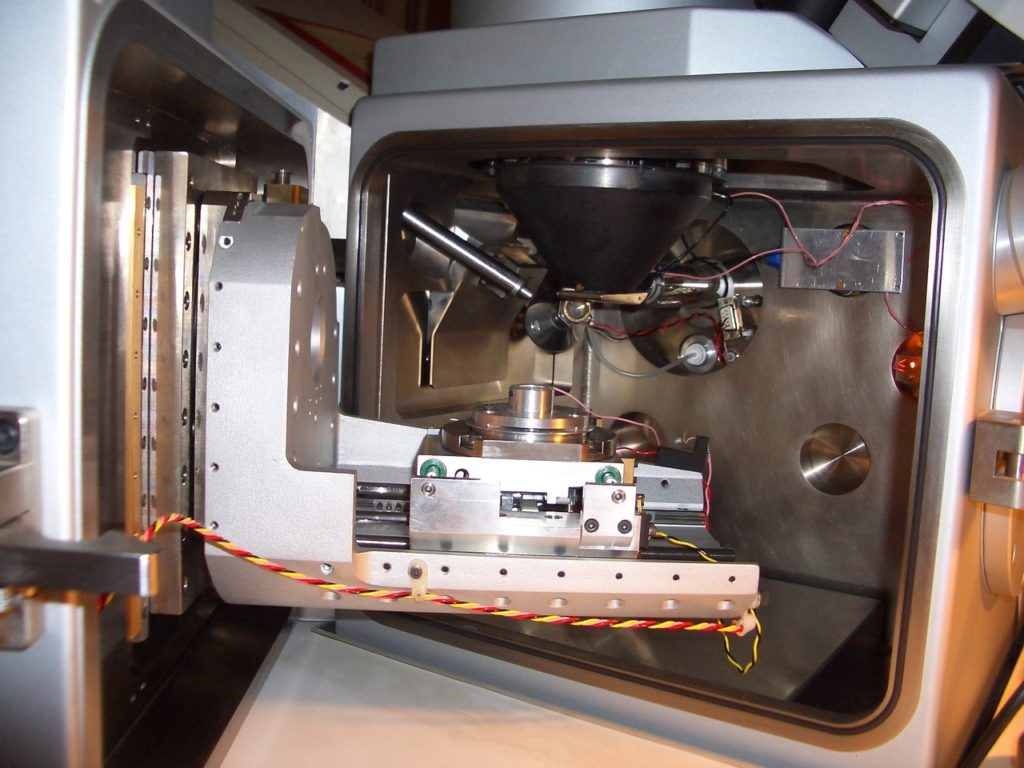ASTM & Testing Standards
ASTM International, once known as American Society for Testing and Materials is now an International voluntary standards development organization which issues standards on material properties and testing. There are six categories of standards which were created and developed by ASTM 32,000 industry volunteers. These standards are used to enhance safety and quality of consumer and industrial products.

There are six different types of standards published by ASTM:
- Test method. In the test method, all exact details of equipment, procedure and calculations, as well as the actual specimen tested should be included. ASTM represents the best currently available test procedure for the specific intended use, as supported by experience and data.
- Specification. Set of requirements that must be met by a material, product, system or service. This includes criteria for physical, mechanical, or chemical properties, as well as performance and safety qualifiers.
- Classification. The Arrangement of materials, products, systems or services based on similar characteristics like origin, composition, properties or use. Classifications by ASTM committees vary due to unique qualities of each committee.
- Practice. The directions for performing one or multiple operations which are not related to testing or test. A practice stresses a general use tenet. Think of processes like installation, preparation or decontamination. ASTM offers standards to hold firms to.
- Guide. A collection of suggested actions or processes. This is meant to increase awareness of available techniques, providing information without requiring a specific path be followed.
- Terminology. Document which lists the terms, symbols, abbreviations and acronyms used, with explanations of each word.
Materials testing services may follow more than one ASTM standard. However, NSL Analytical Services has been approved for many different areas of testing. Those approvals include elemental analysis approvals from: GE Aerospace S-400, NIAC (Nuclear Industry Assessment Committee), NUPIC (Nuclear Procurement Issues Committee), 10 CFR 50 Appendix B (Nuclear), 10 CRF(Code of Federal Regulations) Part 21 (“reports of Defects”), ASME NQA-1 (American Society Mechanical Engineers industry consensus standard) 2008:2009 compliant, Boeing D1-4426 (003, 801, 809), Consumer Product Safety Commission (CPSC), GE Medical Systems, Parker, Pratt and Whitney Aircraft Engine Group, Eaton Aerospace, GE Energy, Honeywell, Lockheed Martin, Westinghouse Nuclear, GE Transportation, Medtronic, and SAFRAN AQPS 525. In addition to that long list are ISO/IEC 17025 Certification and Scope [ANAB] and Nadcap Certification and Scope [PRI], as well as many metallurgical analysis approvals.
Each approval means NSL Analytical Services has committed to following the exacting procedures required by all of those entities, with current equipment and approved procedures. NSL Analytical Services continues to work assiduously to earn your trust as a leader in materials testing by constantly meeting or exceeding the most exacting standards of researchers, government agencies and businesses around the world. Visit NSLAnalytical.com for a complete list of accreditations, certifications, and information on testing services available for your needs. Request the current NSL Analytical Quality System Manual for more information on how NSL Analytical Services, Inc. and NSL Metallurgical can provide reliable, timely and accurate services for your testing needs.
